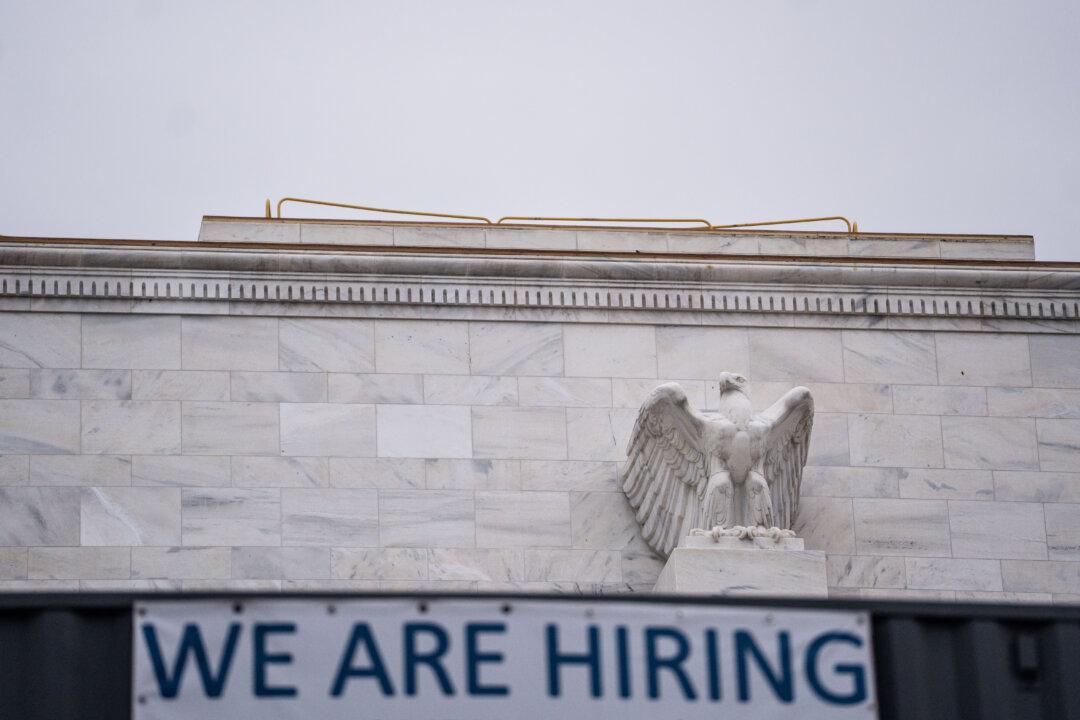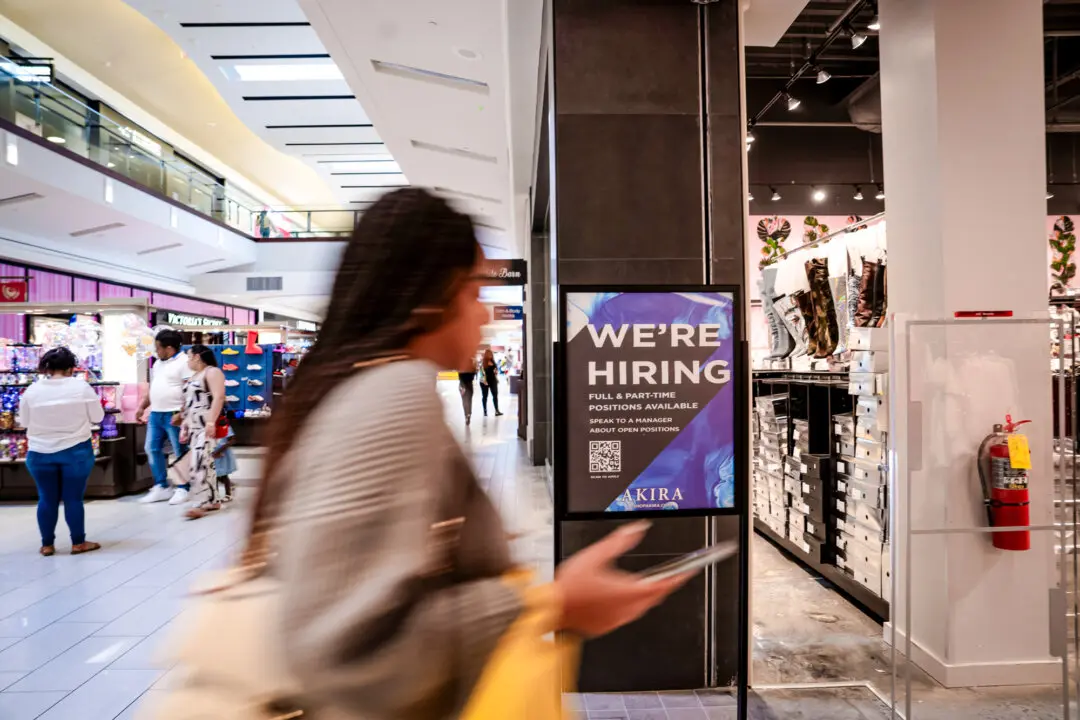The erosion of Americans’ confidence over the past two months could be worse than the tariff situation, Minneapolis Federal Reserve President Neel Kashkari says.
Various business and consumer surveys have indicated collapsing confidence about future economic conditions, from the labor market to inflation.





